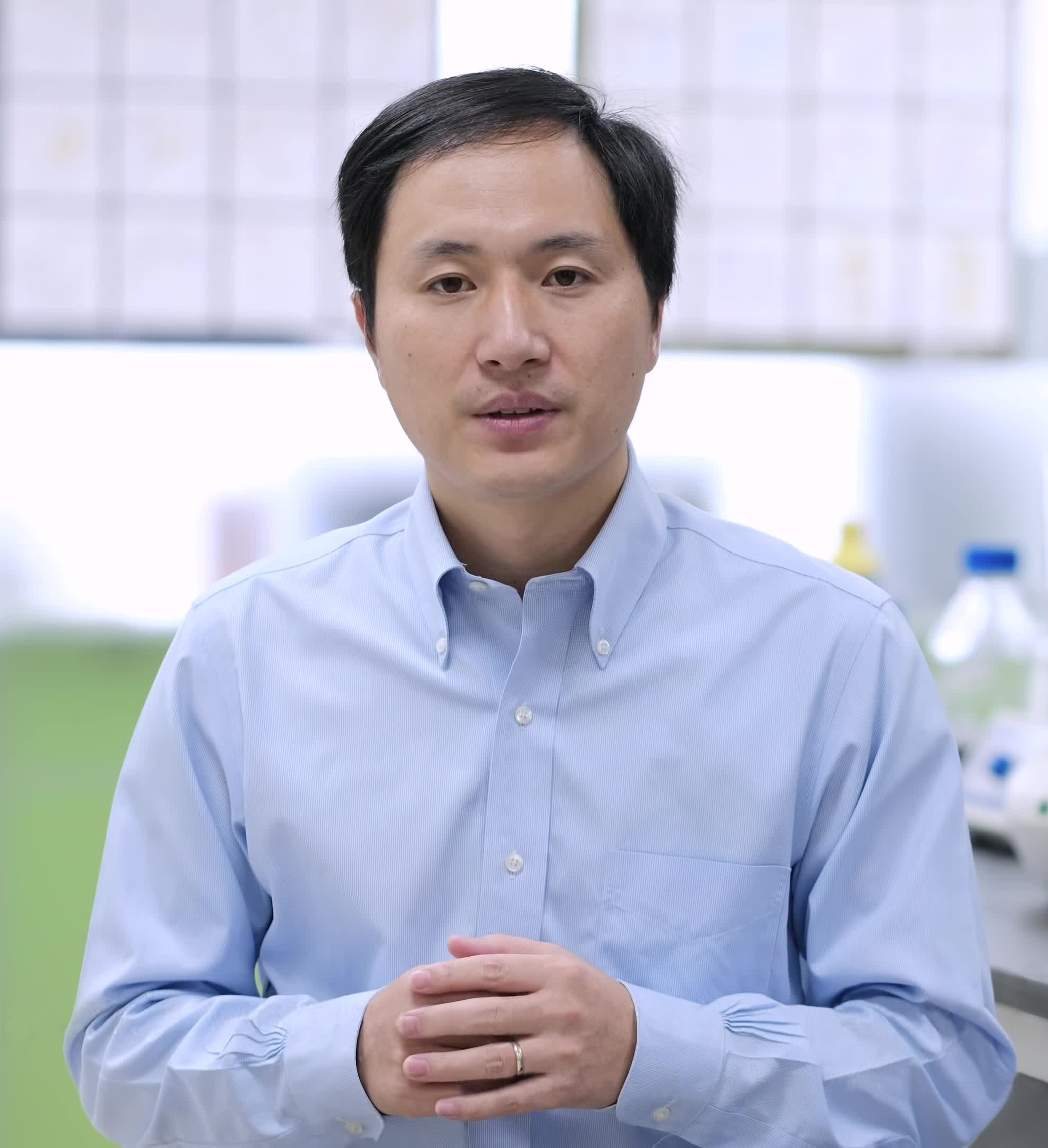Human genetic engineering is coming. We must discuss the social and political implications now
By Samira Kiani,
The Globe and Mail
| 05. 06. 2022
photo by the He Lab
In October, 2018, I was invited to a secret meeting in Guangzhou, China. I was there because of my work as a genetic scientist who uses the CRISPR technology to cut and splice DNA, an approach to genetic engineering that has come to the forefront over the past decade. I don’t think it’s an overstatement to say that CRISPR, a precise and efficient tool that allows us to “edit” genes, is on the verge of altering the course of human history to an extent far greater than the recent “disruptions” catalyzed by internet technology. If you think digital surveillance tools are frightening in the hands of autocracy, consider the power to bend the human genome to one’s will. CRISPR provides that power. To use another analogy, the ability to edit genes with surgical precision is a scientific discovery on par with nuclear fission – while there may be beneficial applications, it is by nature seductive to our darkest impulses.
Because of CRISPR’s unknown risks, its use has been limited to certain applications by longstanding consensus...
Related Articles
By David Jensen, California Stem Cell Report | 02.10.2026
Touchy issues involving accusations that California’s $12 billion gene and stem cell research agency is pushing aside “good science” in favor of new priorities and preferences will be aired again in late March at a public meeting in Sacramento.
The...
By Alex Polyakov, The Conversation | 02.09.2026
Prospective parents are being marketed genetic tests that claim to predict which IVF embryo will grow into the tallest, smartest or healthiest child.
But these tests cannot deliver what they promise. The benefits are likely minimal, while the risks to...
By Mike McIntire, The New York Times | 01.24.2026
Genetic researchers were seeking children for an ambitious, federally funded project to track brain development — a study that they told families could yield invaluable discoveries about DNA’s impact on behavior and disease.
They also promised that the children’s sensitive...
By Arthur Lazarus, MedPage Today | 01.23.2026
A growing body of contemporary research and reporting exposes how old ideas can find new life when repurposed within modern systems of medicine, technology, and public policy. Over the last decade, several trends have converged:
- The rise of polygenic scoring...




